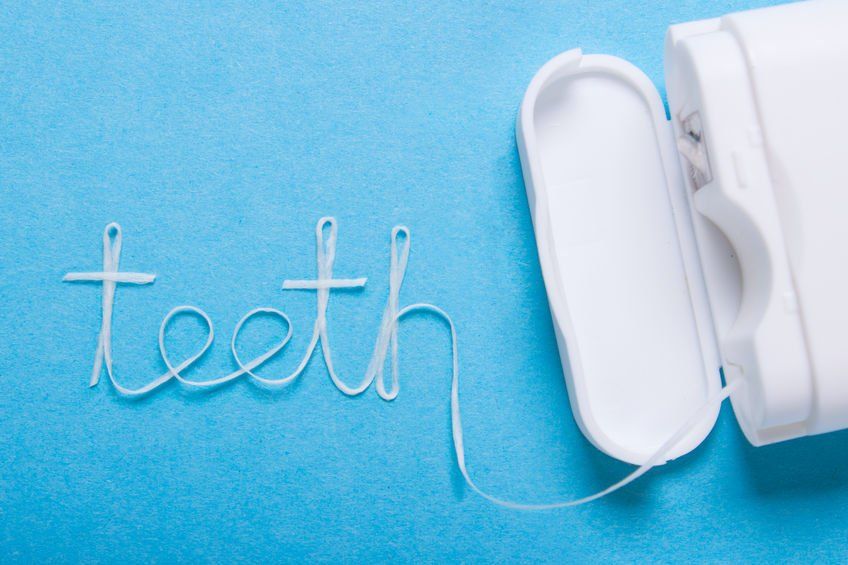Check Out These Simple Fixes to Fight Off Bad Breath
- By Mary Marks
- •
- 07 Feb, 2019
- •

Bad breath can sometimes act as a surprisingly powerful destructive force in your life. Whether it’s because of bad teeth or some other condition, however, you’ll find there are a few highly effective means of dealing with it:
· One thing you can do is follow your Clarkson Dental in Englewood dentist’s advice and brush after every meal. Additionally, you might want to buy some good quality dental floss and try flossing twice each day.
· Are you wearing dentures? Even if most of your teeth are in good condition, the presence of dentures can lead to bad breath quite easily. Try removing and cleaning them thoroughly at night, to remove any build-up of excess bacteria that could make your bad breath even worse.
· Another great method is to use cool water and make sure to drink plenty of it. Also, swish the water around in your mouth in the morning to get rid of that bad morning breath.
· Finally, it’s also good practice to chew a piece of lemon or orange to extend the flavor and aroma and use it to fend off your bad breath.
Fighting bad breath can be a difficult task, but with these simple methods it can be done quite elegantly. You can then enjoy having the confidence you’ve always wanted in knowing your bad breath will no longer interfere in your day-to-day life.





Although oral sedation dentistry Highlands Ranch is one of the optionsavailable for managing anxiety and discomfort during oral surgery, you certainly do not need to use it all the time. As a matter of fact, the exact type of sedation or anesthesia that you receive during oral procedures may depend on various factors, such as the complexity of the procedure, your medical problems, as well as your doctor’s preferences.
There can be several different levels of sedation that can be used in oral surgery. Local anesthesia is one of them. This involves injecting anesthetic medication into the specific area where the surgery will take place. It numbs the area and is often used for less invasive procedures.
Oral sedation involves taking medication in the form of a pill to induce a state of relaxation and drowsiness. The patient is still conscious, but he/she may not be fully aware of the procedure. At any rate, sedation helps him/her get rid of anxiety.
In the case of intravenous sedation, medication is administered through a vein, which induces a deeper state of sedation than oral sedation. Patients may still be conscious, but they are less aware of their surroundings and may not remember the procedure.





